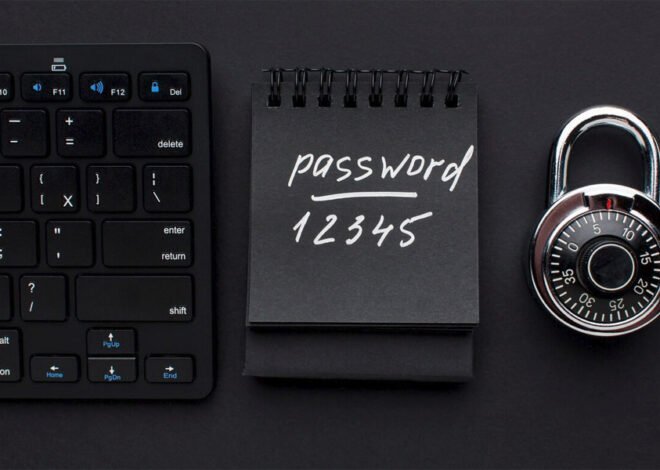
Understanding the Difference Between a VPN and a Proxy
When it comes to protecting your online privacy, VPNs and proxies are two popular tools, but they work differently and serve different purposes. Understanding these differences can help you choose the right one for your needs.
What is a Proxy?

A proxy server acts as an intermediary between your device and the internet. Here’s how it works:
- Hides Your IP Address: When you connect to a website through a proxy, the site sees the proxy server’s IP address instead of your own. This can be useful for accessing content that’s restricted in your region.
- Application-Specific: Proxies are usually configured for specific applications, like your web browser. This means only the traffic from that app is routed through the proxy, while other activities on your device are not.
- No Encryption: One of the biggest limitations of proxies is that they don’t encrypt your data. While your IP address is hidden, the actual content of your internet traffic is still visible to others, including your internet service provider (ISP) and potential hackers.
Proxies are often used for bypassing geo-restrictions or for basic anonymity, but they aren’t designed for securing your data.
What is a VPN?

A VPN, or Virtual Private Network, provides a more comprehensive solution for online privacy and security. Here’s what sets it apart:
- Complete Privacy: A VPN routes all of your internet traffic through an encrypted tunnel to a remote server. This not only hides your IP address but also encrypts all the data you send and receive, making it unreadable to anyone who might intercept it.
- System-Wide Protection: Unlike a proxy, which works only for specific applications, a VPN protects your entire internet connection. This means that everything you do online, whether it’s browsing, streaming, or downloading, is protected.
- Bypass Geo-Restrictions: Like proxies, VPNs allow you to access content that may be blocked in your region. However, because of the encryption and security features, VPNs are often more effective at bypassing these restrictions.
VPNs are ideal for anyone who values privacy, security, and unrestricted access to the internet.
Which One Should You Use?
Choosing between a VPN and a proxy depends on your needs:
- Use a Proxy if: You only need to hide your IP address for a specific task or application, like accessing a region-locked website. Proxies are simpler and can be quicker to set up, but they don’t offer strong security.
- Use a VPN if: You want complete privacy and security for all your online activities. A VPN is the better choice for protecting your data, bypassing censorship, and preventing tracking by your ISP or other third parties.
Conclusion
Both VPNs and proxies offer ways to enhance your online privacy, but they do so in different ways. If you’re looking for a quick and simple way to change your IP address, a proxy might be enough. However, if you want robust security and privacy across all your internet activities, a VPN is the better option. Understanding these differences will help you make an informed decision and protect your online presence more effectively.
Related Posts

Intel’s Response to CPU Degradation Reports: What You Need to Know

How Much RAM Do You Really Need

